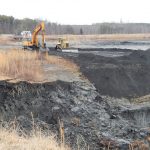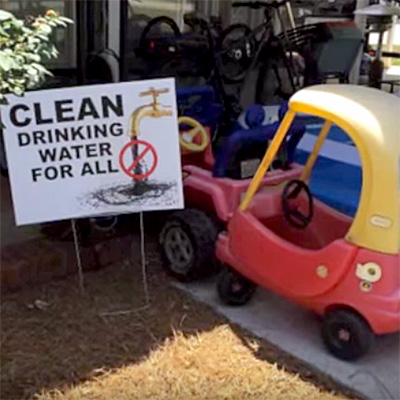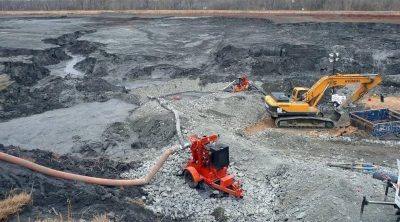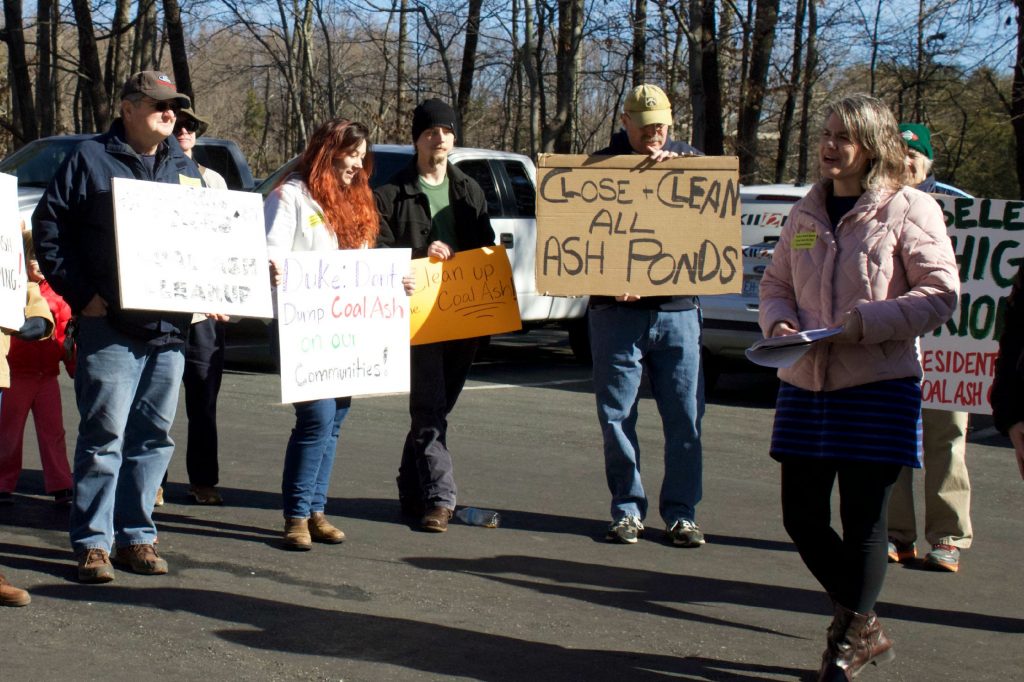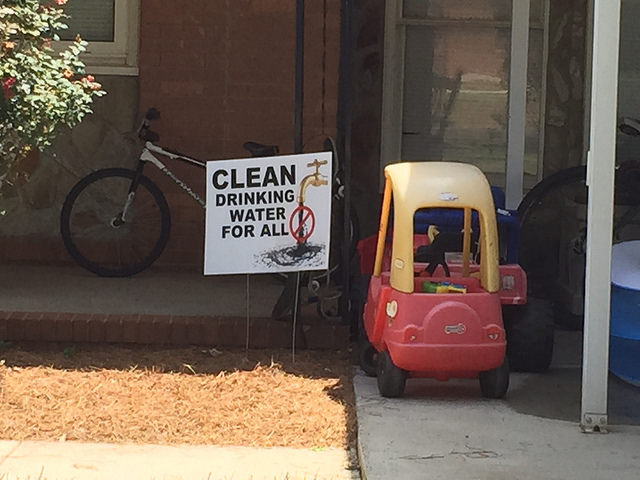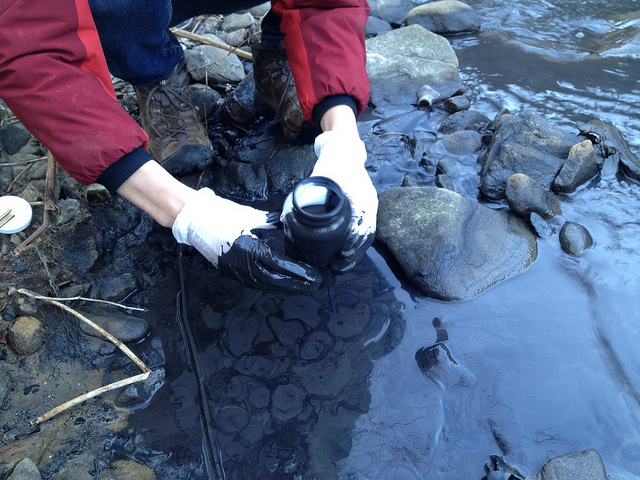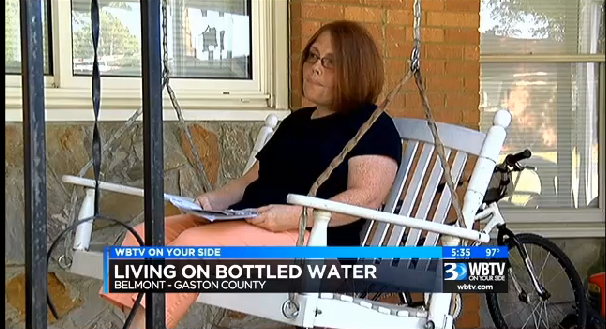Posts Tagged ‘Coal Ash’
NCDENR needs to step up
Since the Dan River coal ash catastrophe of February 2014, there’s been more foot-dragging than problem-solving by Duke Energy and DENR to solve the state’s coal ash crisis. But citizens like Amy Brown are keeping the pressure on, and Appalachian Voices is right there with them.
Read MoreDENR is a “BOOR”
The N.C. Department of Environment and Natural Resources is acting like–to use its own term–a “bureaucratic object of resistance.” The agency’s creative interpretation of its mission statement is just one reflection of the McCrory administration’s broader hostility to the notion that public servants have a responsibility to protect the natural resources and therefore the public health and welfare of the Tar Heel state.
Read MoreCoal Ash: It’s not just toxic, it’s radioactive!
This week, a study conducted by Duke University was published in “Environmental Science and Technology” which concluded that coal ash is more radioactive than its parent coal or soil, and that the radioactivity may exceed safe levels for human exposure.
Read MoreVIDEO: “Contaminated, But Smart!”- Duke Energy’s New Coal Ash Assessment
On Monday evening, Duke Energy released the executive statement from its study assessing groundwater contamination at two of its largest coal ash sites in North Carolina. Unsurprisingly, Duke Energy’s findings suggest it is not responsible for the contamination found in the drinking water wells of over 200 households within 1,000 feet of the company’s coal ash dumps.
Read MoreClean Water Laws Wrestle With Coal
America’s environmental regulations have hampered the coal industry to varying degrees for decades, and though those rules can protect communities from pollution, the law alone is often not able to secure clean water. Here are some of the trouble spots.
Read MoreIn the Neighborhood: Living with Coal Ash
By Sandra Diaz Tracey Edwards, a lifelong resident of Stokes County, resides within three miles of the coal-fired Belews Creek Steam Station, and is concerned about the coal ash the plant generates. As a child growing up in the mostly African-American neighborhood of Walnut Tree, Edwards played outside and ate from neighborhood apple and cherry…
Read MoreContaminated Drinking Wells Near Ash Ponds
As of July, the N.C. health department sent “do not drink” notices to 301 homeowners near coal ash ponds whose well water contains dangerous levels of heavy metals and other contaminants associated with coal ash.
Read MoreStatewide Alliance Forms to Address Coal Ash in N.C.
On Saturday, July 25, Appalachian Voices and several of our partner organizations facilitated the first statewide gathering of North Carolina communities impacted by coal ash.
Read More“It’s just vitamins!” Industry confuses residents on coal ash safety
Duke Energy and the N.C. Department of Environment and Natural Resources continue to confound and confuse families that have the unfortunate luck of living in close proximity to the utility’s coal ash lagoons. So citizens and county officials are stepping in to help residents air their frustrations and, hopefully, to receive some answers.
Read MoreDuke expands coal ash cleanup, but leaves N.C. communities in danger
